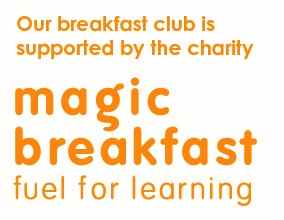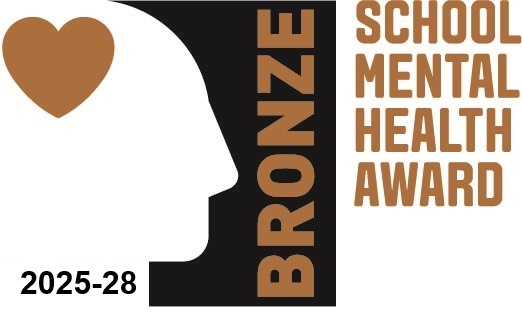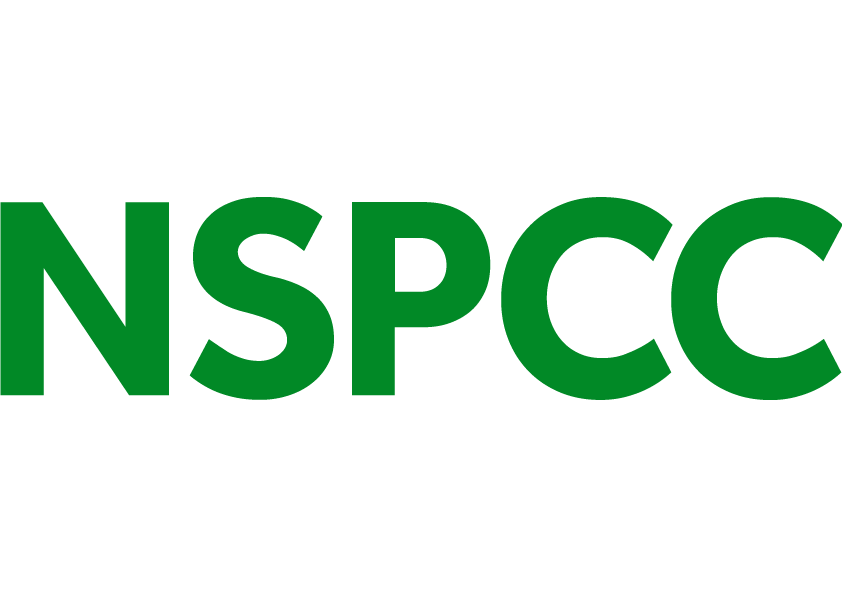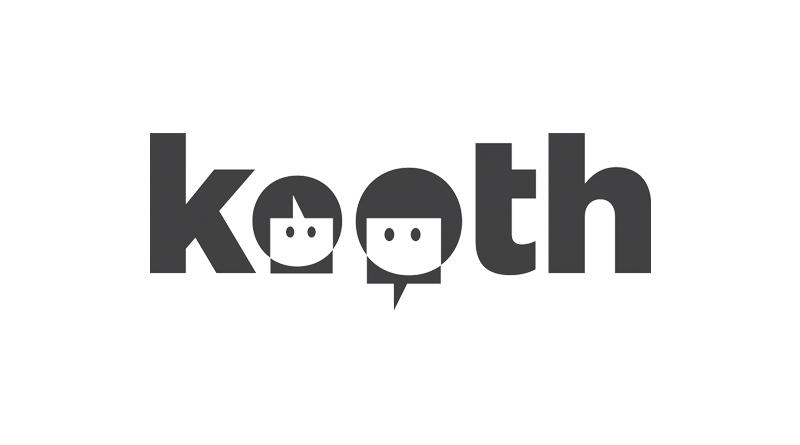Timetable
As an Academy, we have far more freedom than many schools to provide a varied, innovative and stimulating curriculum that offers all students the chance to develop according to their talents, interests and ambitions.
Timetable hours (32.5):
| SUBJECT | HOURS A WEEK | |
| YEAR 7 & 8 | YEAR 9 | |
| ENGLISH | 4 | 4 |
| MATHS | 4 | 4 |
| SCIENCE | 3 | 4 |
| GEOGRAPHY, HISTORY & SPANISH | 2 | 2 |
| PRE, ART, ICT, MUSIC, PSHE & TECHNOLOGY | 1 | 1 |






